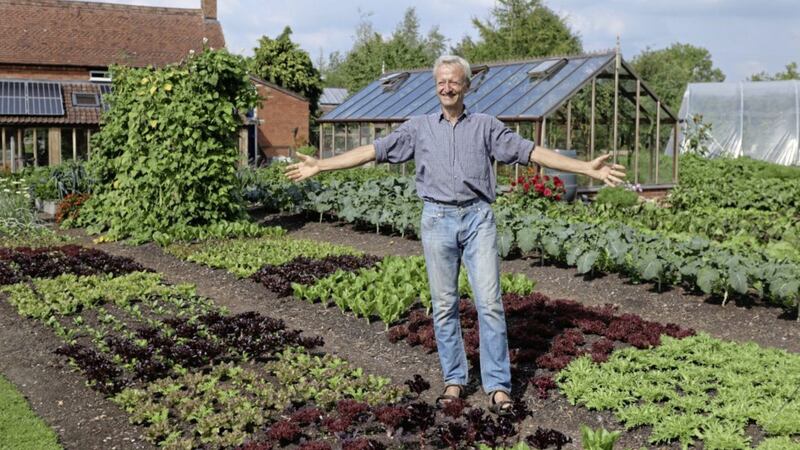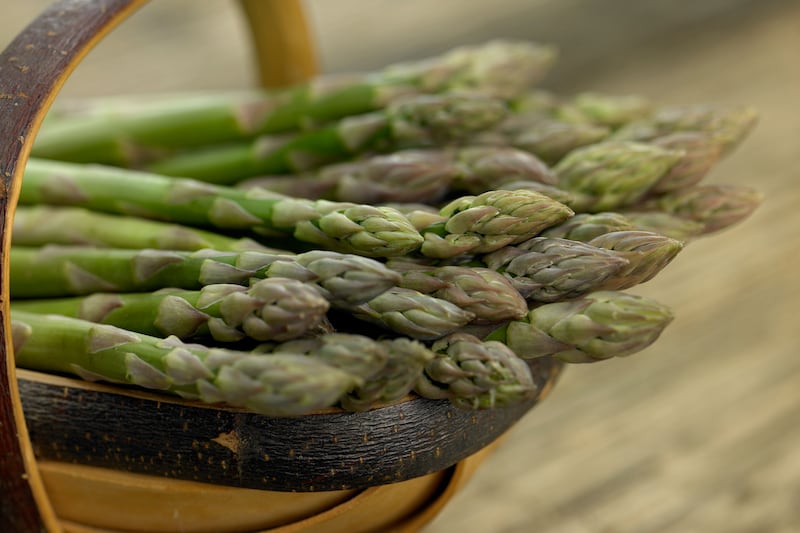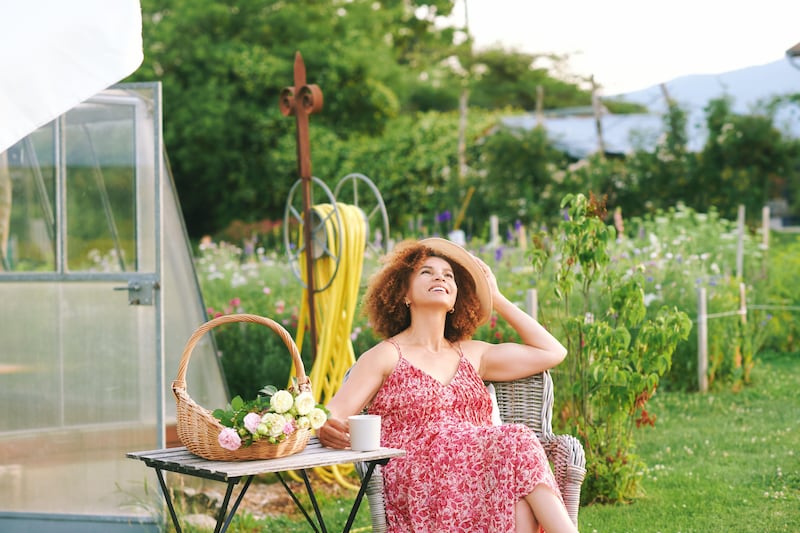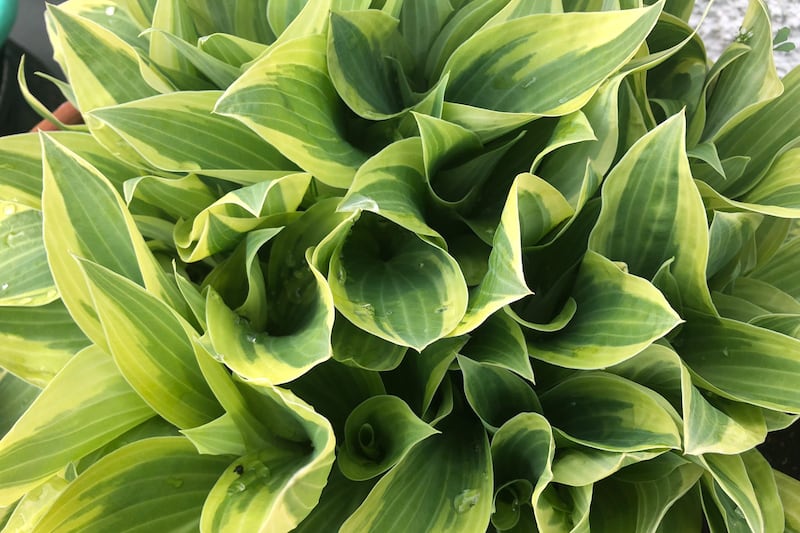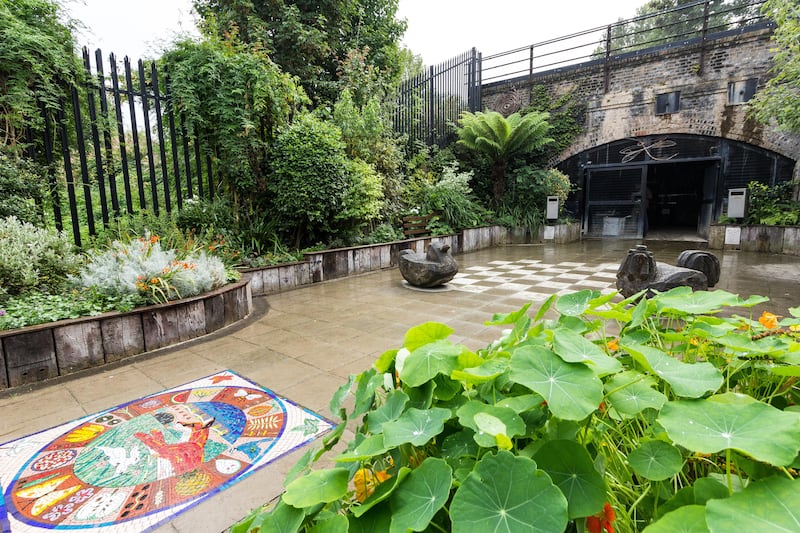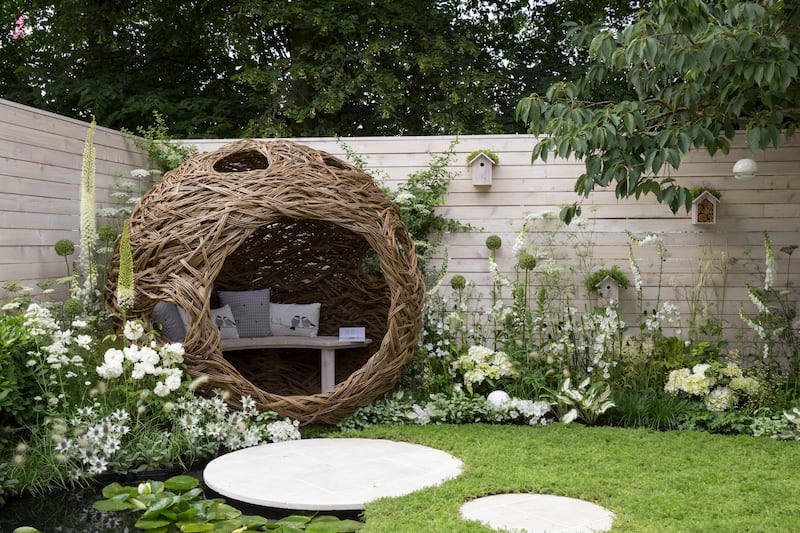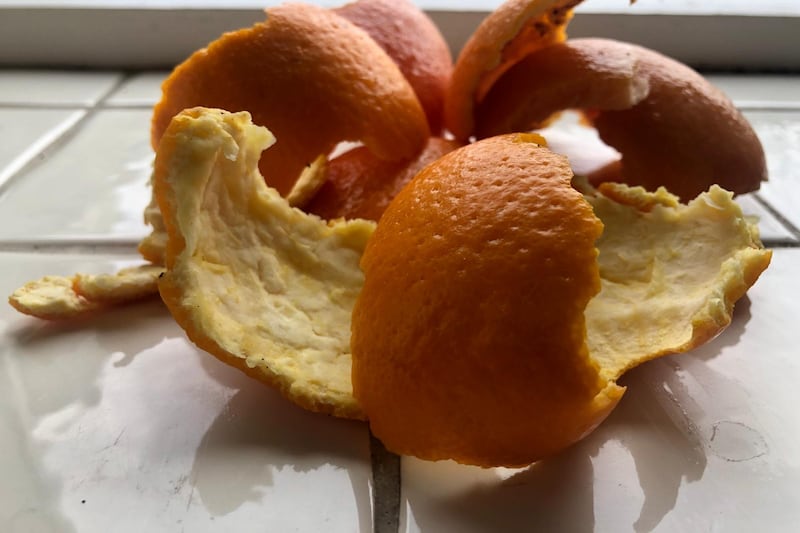NEWCOMER gardeners who are sowing and planting during lockdown may be digging themselves into a hole of horticultural mistakes.
Grow-your-own veg YouTube expert Charles Dowding, who has become a 'go to' source for GYO advice, attracting 30,000 new YouTube subscribers and more than two million views of his 'how to' videos in just three weeks, says he is seeing a raft of common mistakes. As an advocate of 'no dig' gardening, he says there is no need to dig or double dig beds before planting because you damage structure and waste your time. Dowding, who has a wealth of horticultural experience and runs online gardening courses through his website charlesdowding.co.uk, simply mulches soil with compost annually, rather than laboriously digging it. "During the current lockdown, gardening is booming but we're still early in the season," he warns. Here, he lists 10 common mistakes and how gardeners can resolve them.
1. Sowing too early: Don't believe everything you read on social media as so-called 'experts' may give the wrong advice, he suggests. Sowing carrots in January is unlikely to produce a rich harvest, he says, and he doesn't sow runner beans until May. Despite warm spells, at this time of year frosts can still bite and cold winds are common. They can can kill off tender plants. Carefully read the backs of seed packets, which should tell you when to sow. Veg particularly vulnerable to frost include courgette, squash, runner and French beans and sweetcorn.
2. Overwatering: People often overwater, especially at seedling stage, when there's less need for new moisture. Little roots can easily be flooded, then die from lack of air. A simple tip is to lift your seed trays – a well-watered one will feel heavier than one needing water – but make sure it's not too weighty. You'll quickly learn how to judge what needs water and what doesn't.
3. Loosening soil: Some gardeners believe that plants need soil that has been loosened, by digging or rotavator, to spread their roots. Dowding says firm soil is better and has its own natural, healthy structure of drainage and aeration. If you put a good compost mulch of at least 2in on your beds, without digging it in, it should provide all the nutrients your plants require and you don't even have to plant a new shrub or other specimen with compost, he reckons.
4. Spacing plants or seeds too far apart: This can result is a massive under-use of space in your garden, as well as extra work to maintain the unused space, which is often colonised by weeds. As a starting point, space about one third closer than recommended and you'll be surprised how many extra plants you can grow, he advises. Veg which are regularly planted too far apart include onions, lettuce and beetroot, he says.
5. Over-feeding plants: Feed soil life instead with a mulch of compost on top of the soil and leave it undisturbed, he suggests. Plant food is then available through biological interactions, such as the work of naturally-occurring mycorrhizal fungi, but if you overfeed plants you cause an imbalance in growth and potentially encourage more leaf, less fruit and more aphids.
6. Over-complicating transplanting seedlings: Dowding doesn't recommend hardening off, providing you cover new plantings in spring with fleece, until the weather warms up. Veg seedlings which don't need transplanting include carrots and parsnips, which you should plant where they are to grow in the garden.
7. Compost confusion: He says gardeners often spend time picking out garden debris which they think is unsuitable for the compost heap. He insists that it's okay to add blighted tomato leaves and stems, bindweed roots, citrus peel and rhubarb leaves, which will die if they are continually smothered by other composting matter. Have solid sides to your compost heap to keep warmth in and don't turn it more than once, he recommends.
8. Use of slug pellets: These are poison to hedgehogs and other soil organisms and are especially unnecessary when you practise 'no dig', he says.
9. Lack of summer sowings: Why do so many gardeners just sow seeds in spring? It will result in empty space and rampant weeds by autumn. Make use of the whole growing year, he says, sowing beetroot in late June, fennel and lettuce in July and rocket as late as early August.
10. Costly high raised beds: You fork out a big expense on wood, membranes and gravel, and leave yourself a lot of wasted space simply because of the density of each block of wood, he says. Instead, you can create a much lower area by covering the ground you're earmarking for your veg with cardboard and then covering that with a 2in-thick compost mulch. He says you don't need any sort of barrier at all to keep the compost in – as it should settle naturally – and that you can grow most veg successfully that year, although you may have to wait a while before you can grow carrots and parsnips, giving time for the cardboard, and soil underneath it, to break down.
